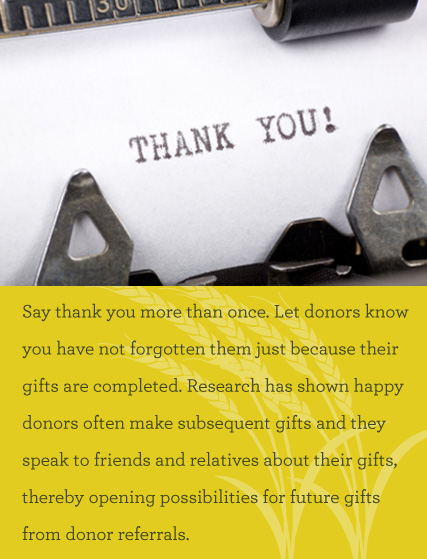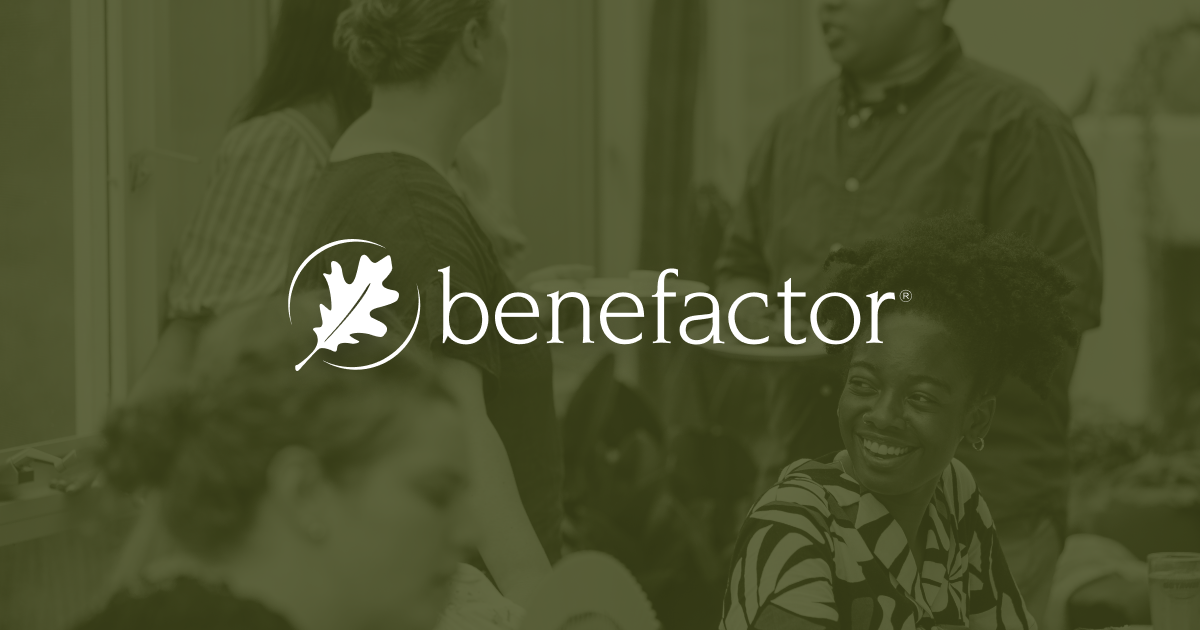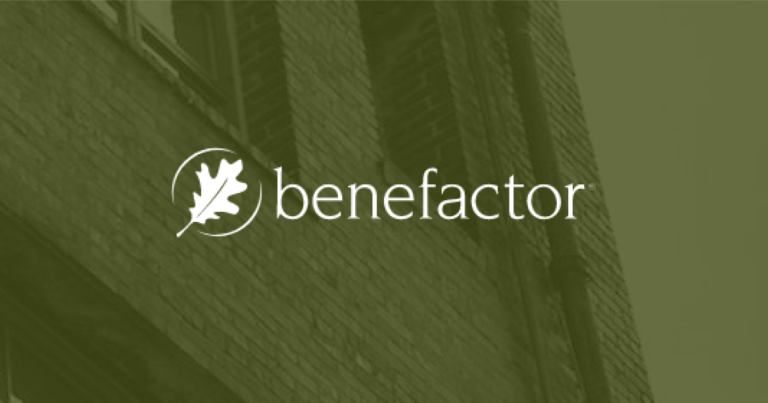 Showing appreciation for planned gifts and honoring the donors who give them are integral to an effective planned giving program and simple good manners. For most of us, however, it is easy to overlook this important aspect of donor services unless we have written standards and procedures that are routinely monitored. These policies can be divided into three categories.
Showing appreciation for planned gifts and honoring the donors who give them are integral to an effective planned giving program and simple good manners. For most of us, however, it is easy to overlook this important aspect of donor services unless we have written standards and procedures that are routinely monitored. These policies can be divided into three categories.
Immediate Thank You
Be certain that acknowledgment letters are neat and accurate and meet the IRS requirements for the type of gift received. And send them out within 48 hours of receipt of the gift. But don’t limit the donor thank you to a written document for IRS compliance. Give the donor something special, such as a thank-you visit, a phone call, or a handwritten note from the CEO or board chair—or both. In other words, don’t let the donor’s only acknowledgment be made through the standard channels used for $10 annual gifts. The form of the acknowledgment must match the importance of the gift to the donor and to the organization.
Individualize acknowledgment letters by confirming that what is expected will be done correctly. For example, if the gift is a memorial gift, state that the family has been notified of the gift but not the amount. If there are restrictions on the gift, reiterate the restrictions and how the organization will carry them out. The donor must be confident that the organization understands and will honor the donor’s intent for the gift.
Do not assume that everyone wants public recognition.
Ask the donors’ permission to publicize their gifts, in your newsletter or another communications vehicle, and ask how they would like their names listed. You may also ask if you might interview them for a future article or for your archives. People who do not want public recognition or who want to remain anonymous do want to be thanked in appropriate ways and, usually, to be involved with the organization. Just because the donor does not want to be recognized at a public luncheon does not mean that the donor doesn’t want to be taken to lunch.
If you want to send a small token gift of thanks, make the gift something of high quality, not expensive, that will remind the donor of the organization.
Ongoing Appreciation
Say thank you more than once. Let donors know you have not forgotten them just because their gifts are completed. Research has shown happy donors often make subsequent gifts and they speak to friends and relatives about their gifts, thereby opening possibilities for future gifts from donor referrals.
The most appreciated ways to honor donors are often simple and personal benefits, customized to the donor’s needs and interests. The options include lunch with the CEO or board chair, backstage tours, picnics with grantees, receptions with the speaker after a lecture, auditing a specific class, or program notes sent before the concert. Make personal introductions to staff members who may be of particular interest to the donor. Communicate to donors how their gifts are being used and who has benefited. Show how the donor’s goals have been advanced by the gift.
Recognition should be given frequently and in varied formats.
Send cards or notes to donors on Thanksgiving, their birthdays, or the anniversary of their gifts. Stay in touch by telephone or e-mail. Invite the donor to functions, events, activities, and annual meetings—all aimed at keeping the connections strong. Send newsletters, press releases, and newspaper articles about the organization. Add handwritten notes to form letters. Take planned gift donors to lunch at least annually. Very few people object to being thanked or thought about too often.
Consider starting or reinvigorating a planned giving recognition group or “legacy society.”
This is a way not only to publicly thank donors now for gifts that may not be received for many years in the future but also to encourage others to consider their own planned gifts. It can provide ongoing opportunities for donors and their family members to participate in the life of the organization and introduce donors to other donors who have made similar gifts.
After the Donor’s Lifetime
After the donor’s lifetime, the donor should be remembered at least annually in a meaningful way—perhaps in the program for the annual meeting or in the annual report. If the donor established a permanent named fund, grants from the fund may be accompanied with a description of the donor who made the grant possible—a particularly appropriate form of recognition for scholarships.
Continue to involve family members, if appropriate, in the work of the organization and update them regarding the impact the donor’s gift has made and continues to make.
Caring for donors is a critically important function of planned giving efforts and it cannot be left to chance or instinct. Donor services must be carefully planned, while preserving a personal touch that must be customized for each person and family.






